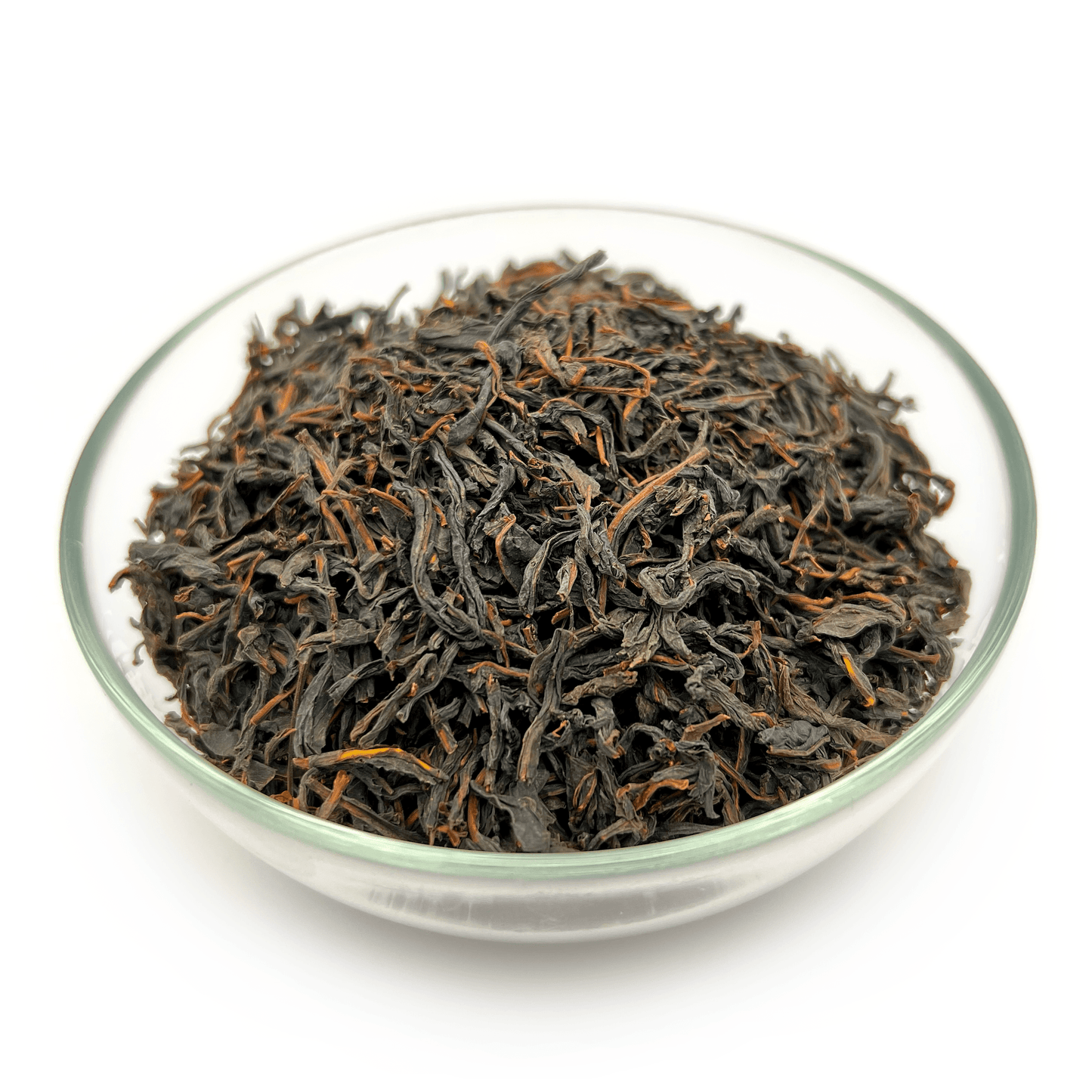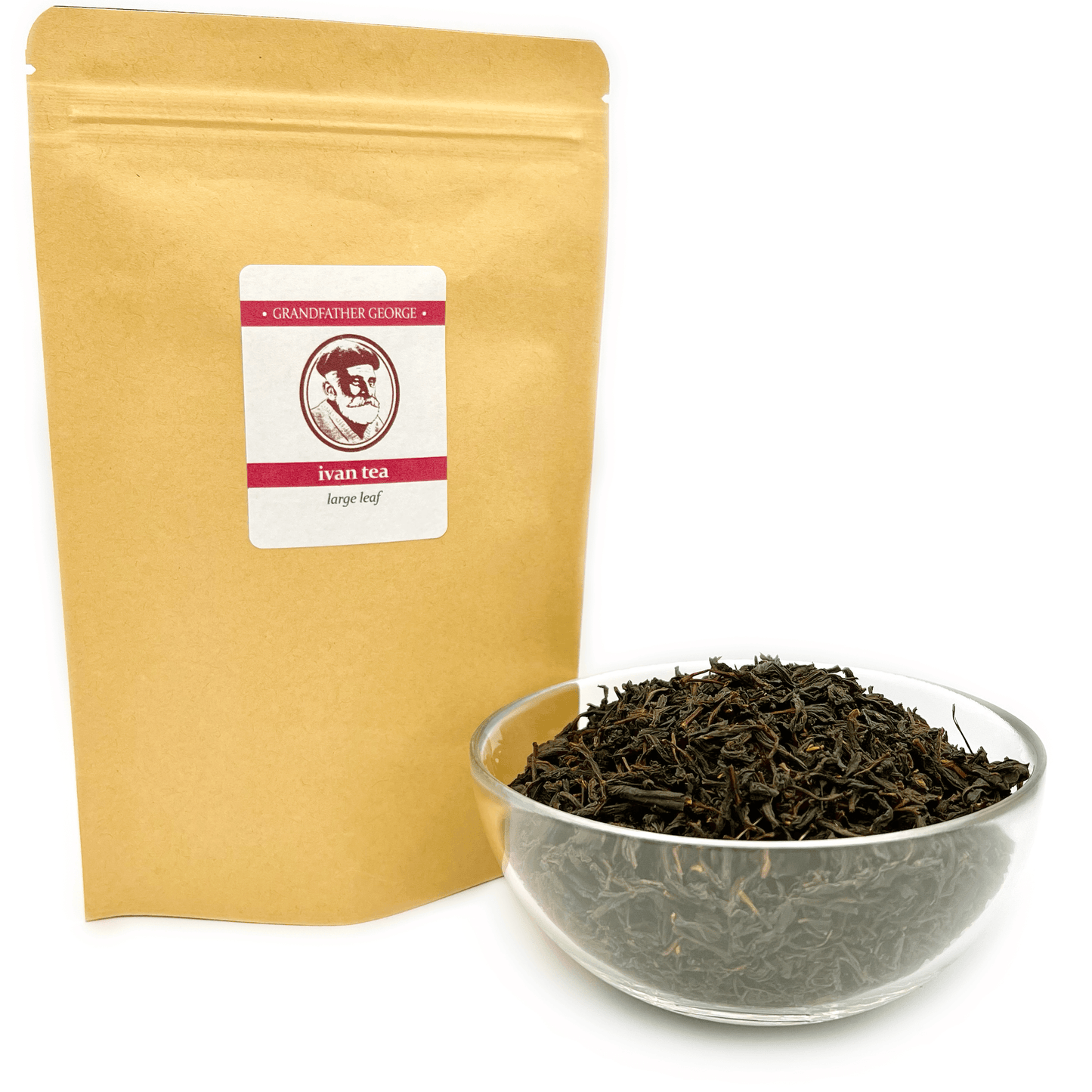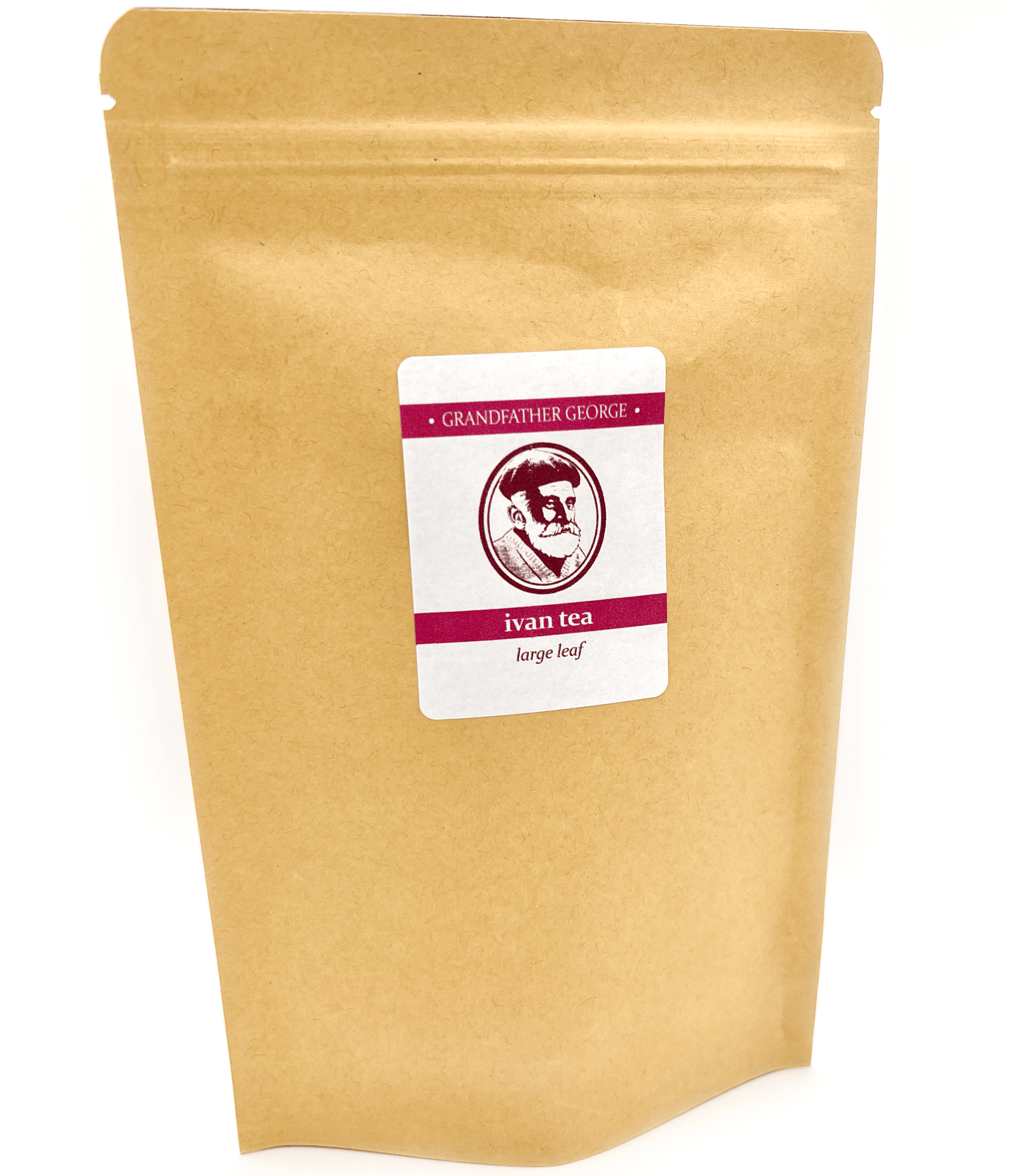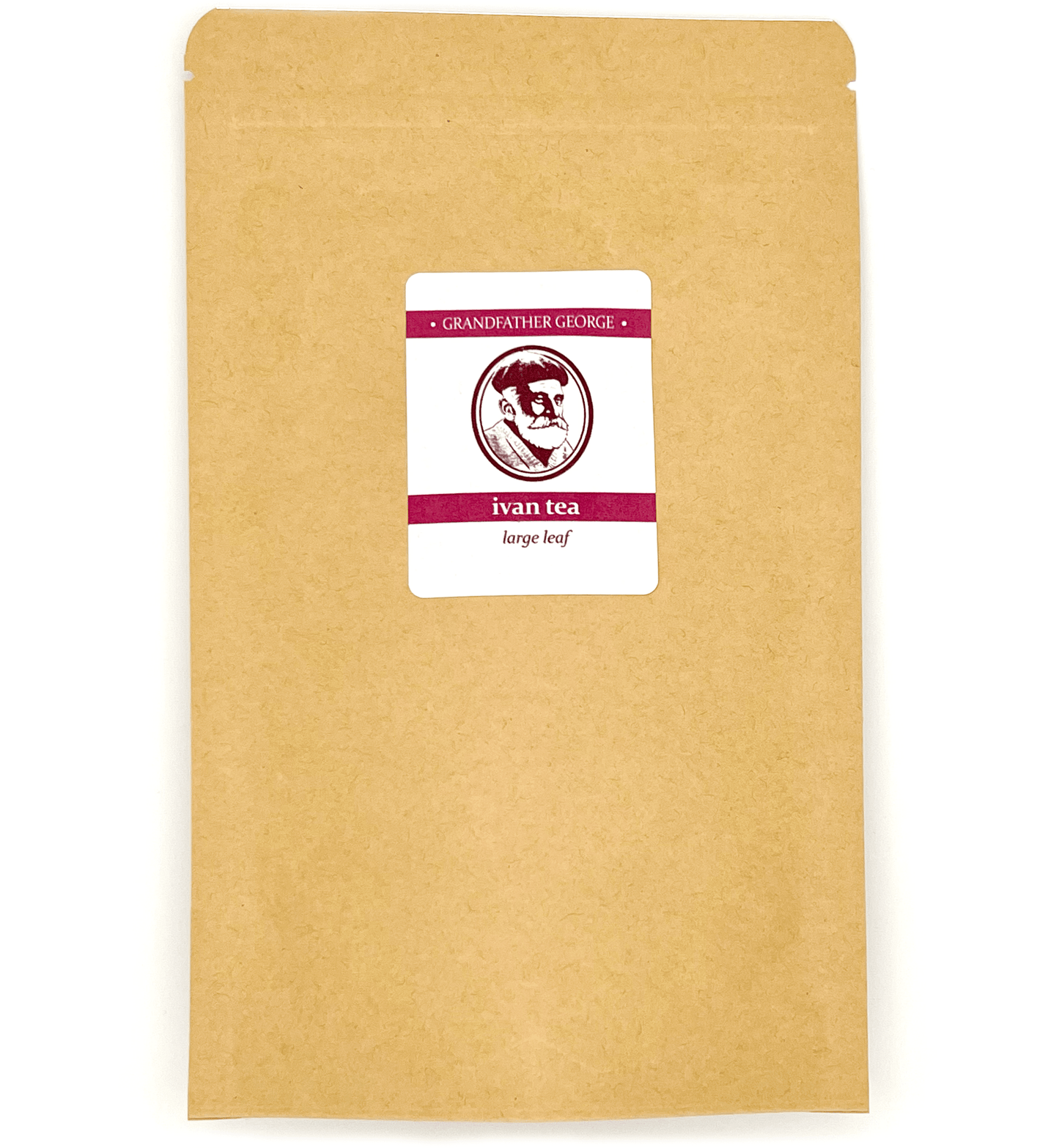The intestine is often referred to as the second brain for a reason. Ignoring the condition of this organ can easily lead to a bouquet of diseases such as metabolic problems, vitamin deficiencies, immunodeficiency, and infectious-inflammatory ailments. Folk remedies, including fireweed tea, can help support the gastrointestinal tract.
Disclaimer: Ivan tea is not a medicine. Do not use Ivan tea to treat any disease or medical condition. Do not use fireweed tea as a substitute for medication prescribed by your doctor. If you have questions about whether you can drink Ivan tea and whether it can help your condition, first consult with your doctor.
However, it's important to remember that tea made from fireweed does not replace or negate medications prescribed by a doctor. During exacerbations of gastrointestinal diseases, it's essential to consult with a specialist to determine whether including the beverage in the therapeutic diet is advisable. During remission or in the absence of gastrointestinal health problems, fireweed tea can contribute to strengthening the immunity of this organ system in the body.
Medicinal Composition of Ivan Tea
The benefits of fireweed tea for gastrointestinal issues are due to its composition of beneficial substances:
-
The plant contains up to 15% mucilage, which, when ingested, coats the walls of the stomach, thereby protecting them from the effects of gastric juice. This also contributes to faster digestion of food and accelerates metabolism. Mucilage also coats the walls of the intestine, improving the absorption of nutrients and preventing constipation.
-
Pectin absorbs toxic substances, promotes their removal from the body, stimulates and normalizes bowel function, and prevents constipation. Another property of pectin is the promotion of bifidobacteria growth, which combats intestinal dysbiosis.
-
Tannins constrict blood vessels, protect the mucous membrane of the intestines from irritants, and have an astringent effect.
How Ivan Tea Helps the Gastrointestinal Tract
In the late 1990s, an experiment was conducted at the St. Petersburg Chemical and Pharmaceutical Academy to determine whether using an extract of fireweed leaves helps with inflammatory processes occurring in the stomach. Rats were chosen as subjects and divided into two groups. One group was administered a preparation based on fireweed, while the other received sodium chloride.
The experiment began with the rats being deprived of food for 48 hours, with access to water remaining available. Then, the preparation was administered, followed by a solution of butadione in acetone after an hour. The condition of the rats' gastric mucosa was evaluated 18 hours later. The preparation based on fireweed showed results 50% higher, giving researchers the right to claim that this plant can be used to create anti-inflammatory drugs for treating gastrointestinal tract diseases.
Conclusion
Today, several properties of fireweed have been proven: binding, coating, analgesic, antibacterial, anti-inflammatory, and wound-healing. All of these properties are related to digestion. However, it's important not to self-prescribe fireweed tea for gastritis or any other gastrointestinal diseases. For example, fireweed contains the active compound theophylline, which increases gastric juice secretion. This means that tea made from fireweed would be beneficial for gastritis with high acidity but could worsen the condition for gastritis with reduced acidity. Therefore, it's crucial to consult a doctor and remember that fireweed tea is not a replacement for proper medication.
Nevertheless, fireweed can help strengthen the immunity of a healthy body against gastrointestinal diseases.







